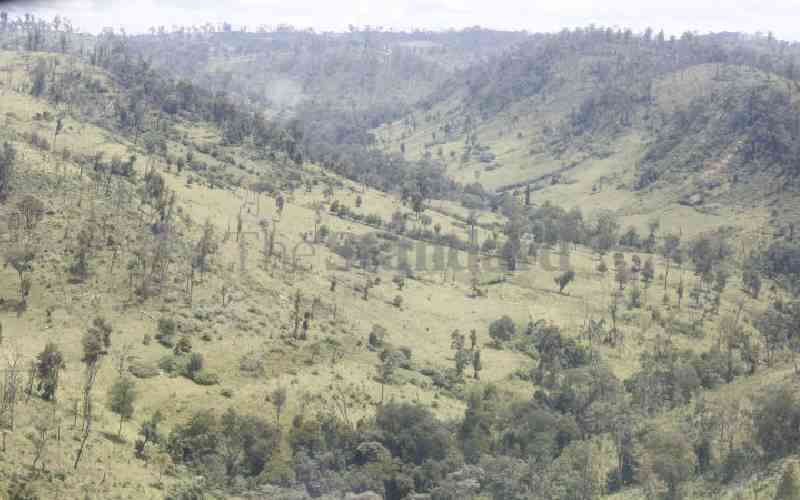×
The Standard e-Paper
Kenya’s Boldest Voice

Efforts by Egerton University to conserve the Mau forest have started to bear fruit.
The university lies within the Mau Complex ecosystem, and for the last two decades, it has been rehabilitating the Shururu forest.